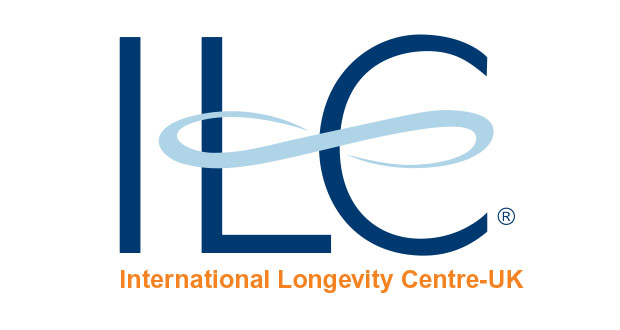Employers ‘Letting Down’ Over 50s On Risks Of Alcohol In Later Life – New Report
 Older adults in employment and facing retirement are being let down by employers when it comes to problem drinking, a report states.
Older adults in employment and facing retirement are being let down by employers when it comes to problem drinking, a report states.
The report written by ILC-UK and commissioned by Drink Wise, Age Well, urges employers and government to take more action to help over 50s in employment or facing retirement to avoid serious alcohol problems in later life.
It highlights retirement as a ‘danger point’ for problem drinking, with recent retirees over 50 being more likely to drink every day. Additionally, those retiring before 60 are more likely to become a high-risk drinker, as are those working beyond the age of 75.
It concludes that there is currently a ‘blind spot’ in support from employers and the state in preparing for retirement which falls short of emotional, health and social changes. For millions of people facing later retirement in the future, the report represents a clarion call.
For those over 50s still employed stress, boredom, lack of control over work and retirement worries all contribute to drinking more. Earlier this year the Drink Wise, Age Well survey revealed that as many as 1 in 4 older adults would not ask for help with an alcohol problem if they needed it. For those who drank more than they used to, 40% cited retirement as a reason for doing so.
Other findings include:
- Nearly 30% of over 50s in the ‘professional’ occupational classes drink 5-7 days a week, the highest of any occupational class
- Almost a quarter of older groups in the highest professions drink more than their younger counterparts
- Alcohol problems can cost UK employers money in terms of workplace absence and lost productivity – around 7.3 billion a year
Over 50s who have been out of work and recovered from an alcohol problem still face further barriers in getting back into work. Only 16% of employers said they would consider employing someone with a previous alcohol problem, leaving some of the UK’s most experienced workers who want to work unable to realise their potential.
The authors of the report call for employers to introduce measures to assist employees over 50 who might be struggling with an alcohol problem, such as counselling and effective workplace policies that treat alcohol issues like any other health issue.
For those into retirement, the report calls for GPs to factor in the effects of retirement when giving advice on reducing risk from alcohol. The report also calls for greater engagement from employers to staff pre and post-retirement. This includes social clubs and guidance on how to avoid alcohol becoming a problem once working life is over.
Julie Breslin, head of programme for Drink Wise, Age Well said:
“People aged over 50 who are out of work, may struggle more than any other age group to get employment. Add this to someone over 50 who is in recovery from problem drinking, and there is a compounded stigma. However, people in recovery will often have so much more to offer a workplace; experience, loyalty and commitment, and by making employment opportunities more accessible everyone benefits.
Additionally, people who are approaching retirement age will have given much of their life to the workplace and supporting their employer’s success. It is only right that there is an investment from the workplace into their well-being particularly as they approach retirement. There should be a holistic approach to retirement which includes health and well-being. Providing people with knowledge and awareness, and coping strategies to manage the transition hopefully means people won’t turn to increased alcohol use if they are struggling”
David McCullough, chief executive of Royal Voluntary Service said:
“Retirement is like a cliff edge and often older people go from having a busy schedule and colleagues to interact with, to days where they might not see anyone or even have a conversation on the phone. It doesn’t take long for loneliness to set in and drinking a little more than they should each day can quickly become the norm. It’s vital that people facing retirement or those recently retired, remain mentally and physically active and engaged in their community and we would urge employers to ensure they have the necessary support and guidance in place to help employees with what can be a very steep transition.”
Baroness Sally Greengross, chief executive of the International Longevity Centre – UK said:
“As our population ages, the importance of older employees continues to grow.
A healthy and happy older workforce is vital, and having a better relationship with alcohol can help towards this. This report shows that many older adults are reaching retirement drinking potentially harmful amounts, and there is a need for increased support from employers in treating alcohol problems as they would other health problems.
Employers, health professionals and family members should be having these potentially difficult conversations sooner rather than later, to prevent serious alcohol related harm developing later in life”






